
Turning a garage into a living space is one of the hottest home improvement trends today. However, as with any major home project, there are pros and cons to consider. Be it boosting your home’s value or potential zoning headaches, we’ll walk you through the merits and pitfalls of converting your garage into a functional living space.
Additional Living Space for Your Home
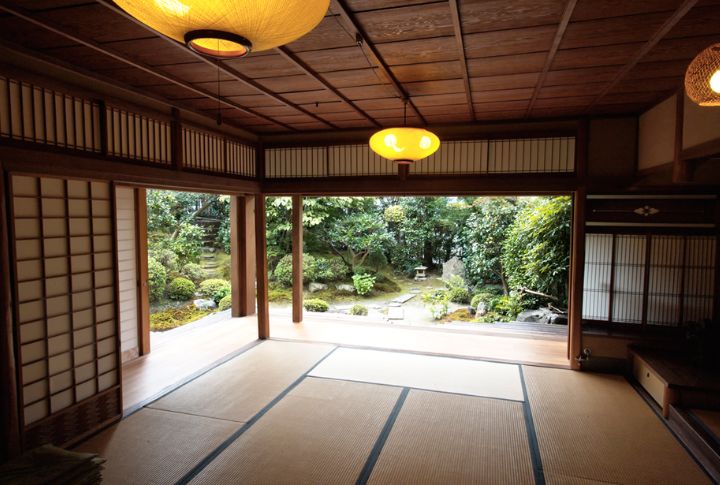
One of the main reasons homeowners convert their garages is to gain extra living space. Whether you’re expanding for a home office, guest room, or even a small rental apartment, this is an excellent way to maximize your property’s square footage without major construction.
Potential for Rental Income
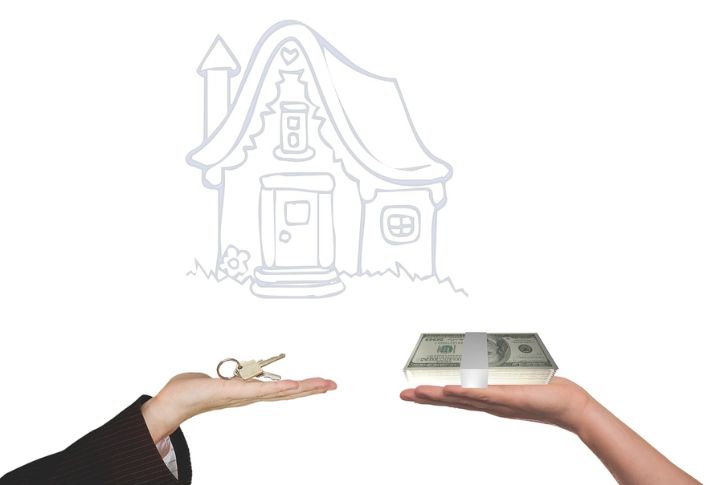
A converted garage can double as a rental unit, especially in cities with limited affordable housing. If designed properly, this additional living space could become a great way to generate passive income. Short-term rentals like Airbnb are also a lucrative option for homeowners.
Increasing Your Home’s Value
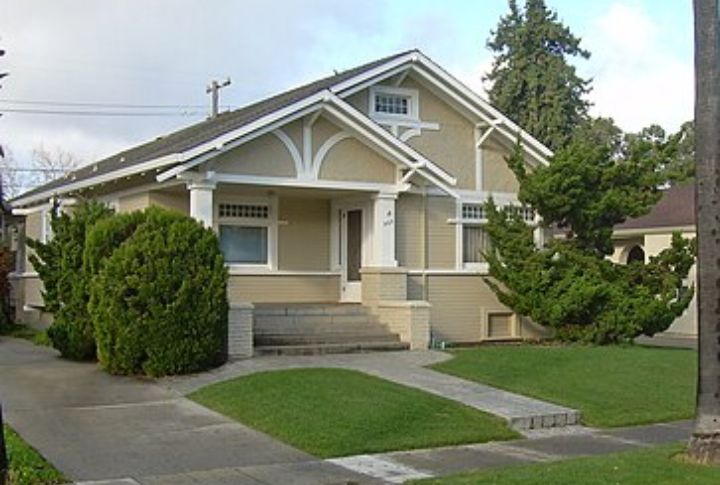
If done right, a garage conversion can increase the overall value of your home. Buyers are often drawn to flexible spaces; an additional bedroom, home office, or studio could make your property more appealing. However, this will depend on your location and the demand for such conversions.
Creating a Custom Space

Converting your garage gives you the freedom to create a highly customized area. If it’s a fitness studio, an art workshop, or a home theater, the space can be customized to your specifications. This allows for creativity and a personal touch that traditional home additions might not offer.
Garage Conversions are Usually Cost-Effective
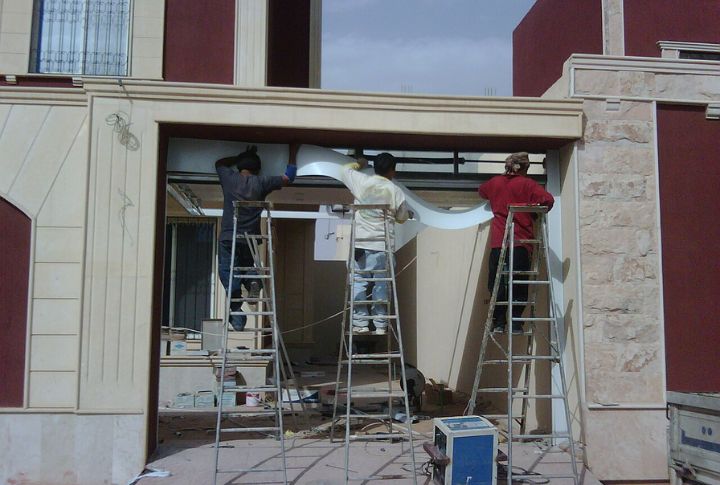
Compared to building a full home extension, converting a garage is typically more affordable. Since the structure is already in place, you’re essentially working with the existing footprint. This can save thousands on construction costs.
Zoning Laws and Permits

One major downside of converting your garage is dealing with zoning laws and permits. Depending on where you live, local regulations might require you to get permission or meet specific building codes, such as adding extra windows or insulation. So, it’s important to research local laws before beginning the conversion.
Loss of Parking and Storage

Losing your garage means sacrificing valuable parking and storage space. If your home doesn’t have a driveway or an alternative storage solution, this could be a significant drawback. For those who rely on their garage for their car, tools, or seasonal items, the loss of this space might be a dealbreaker.
Insulation and Heating Challenges
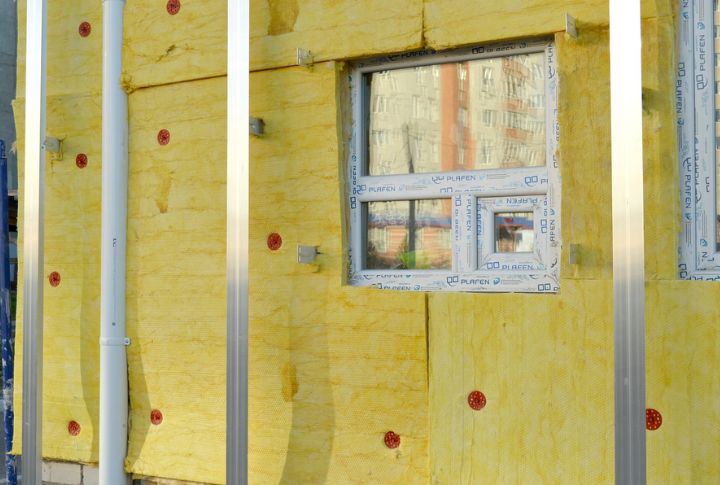
Garages are not typically built for comfort—they often lack insulation, proper heating, or cooling systems. To convert your garage into a living space, you’ll need to invest in insulation and upgrade the HVAC system to make the space livable year-round. This could add to the overall cost of the project.
Lighting and Ventilation Considerations
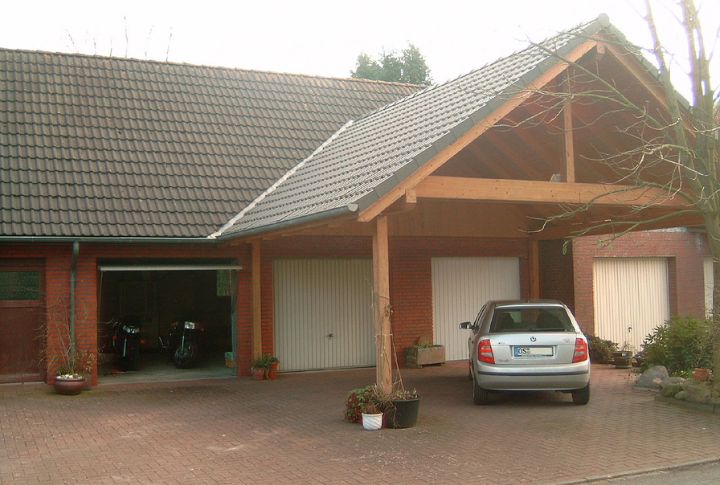
Most garages have minimal natural light and ventilation, so they feel dark and stuffy. When converting your garage, it’s important to think about adding windows or skylights to bring in natural light. In addition to preventing mold, proper ventilation is necessary to maintain air quality, which could require significant alterations.
Potential for Over-Capitalization

While garage conversions can boost your home’s value, they may not always provide a return on investment, especially in neighborhoods where garages are in high demand. Over-capitalizing—spending more on the conversion than it adds to your home’s value—is a risk you’ll need to weigh carefully.
Noise Concerns
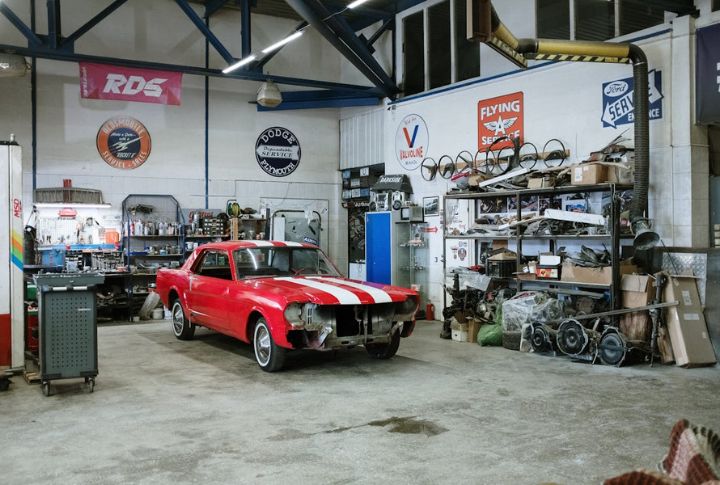
Garages are often located near the street or driveway, which can bring noise concerns. Without proper soundproofing, the new living space may be subject to traffic noise or disturbances from daily activities in the main house. Soundproofing solutions are available, but they add to the overall conversion costs.
Curb Appeal and Exterior Modifications
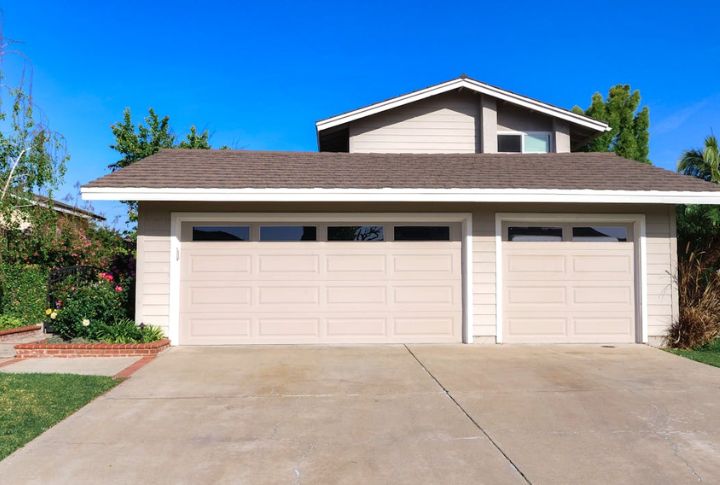
A garage conversion may alter the exterior appearance of your home. If the transformation isn’t done tastefully, it could detract from your property’s curb appeal. On the other hand, with a well-designed conversion that blends with the rest of your home’s architecture, you could even enhance its overall look.
Financing a Garage Conversion
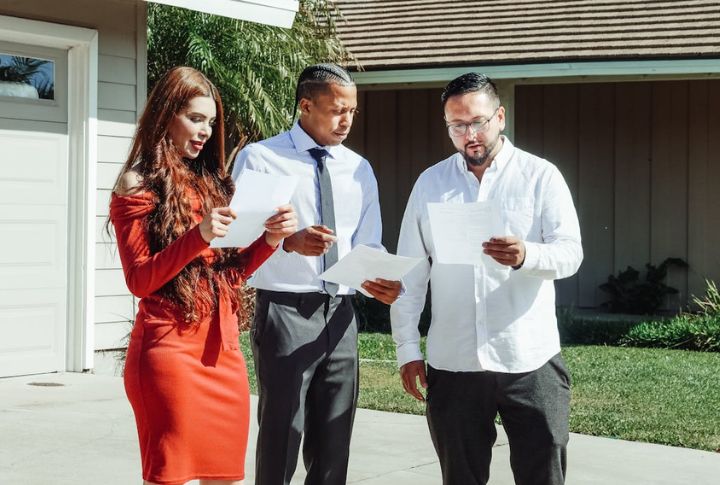
This can be a challenge depending on the scope of the project. Homeowners may need to dip into savings, take out a home equity loan, or look into renovation financing options. Before starting the project, it’s important to assess your budget and explore financing methods that suit your financial situation.
The Timeline for Conversions

While converting a garage is generally faster than building a full extension, it’s still a lengthy process. Between getting permits, hiring contractors, and making necessary upgrades, your garage could be out of use for several months. It’s important to plan your timeline accordingly and be prepared for potential delays.
Is It Worth Converting Your Garage?

Obviously, converting your garage into a living space comes with both advantages and disadvantages. If you need extra space, want to increase home value, or have rental income in mind, it could be a smart move. However, potential legal, financial, and practical challenges mean that homeowners should carefully consider their needs.

